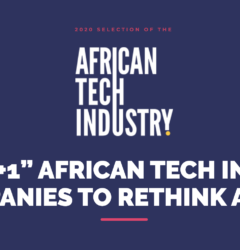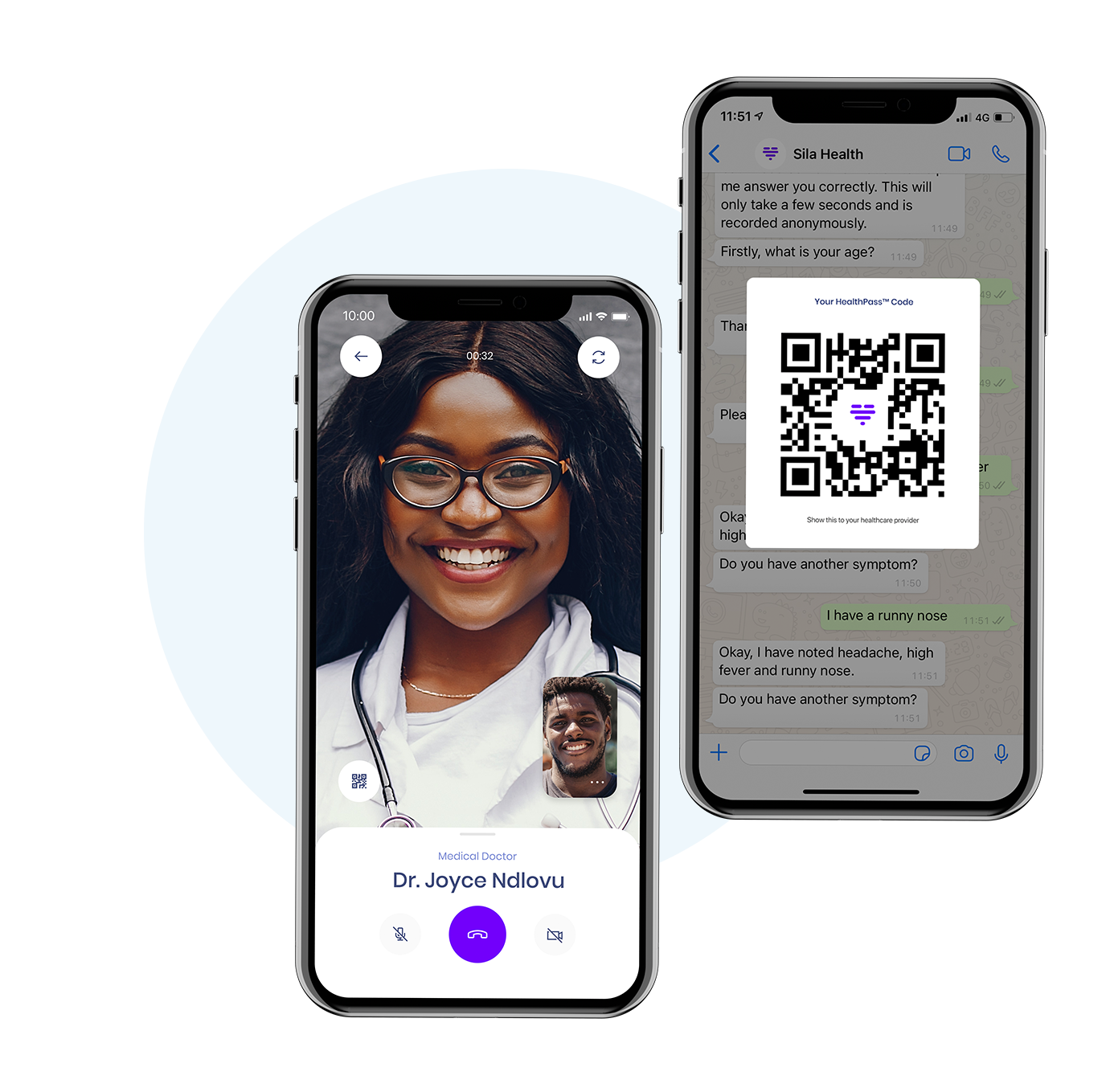28 Jun

The United Nations Development Programme announced a Technical Advisory Group comprised of prominent technology experts to steer its “Africa Leading the 4th Industrial Revolution (AL4IR)” initiative. The initiative aims to drive the responsible adoption and use of emerging technologies for Africa’s transformation and growth.
The team of experts, drawn from leading global technology firms such as Google and Uber to inventors, lawyers, activists and social influencers, bring to the initiative a wealth of insights, ideas and expertise in technology-enhanced transformation across several key sectors, including healthcare, governance, education, food systems, elections, access to the internet, mobility and open data for sustainable development.
Through UNDP, the Technical Advisory Group will help steer a vision of strengthening an African-led 4th industrial revolution with a solid and resilient foundation anchored on five key pillars: data, technology infrastructure, skilling revolution, agile governance and sustainable energy. The experts will collectively enhance Africa’s role and leadership within the realm of the 4th industrial revolution through the co-creation of ideas and solutions with institutions and countries within the region.
“UNDP is betting on Africans to take the lead in the 4th industrial revolution. By harnessing and advancing technologies that can steer the continent towards achieving its development goals faster, better and through a greener approach, Africa’s role and leadership in this industrial revolution will not only transform lives and institutions but will also ensure that no one is left behind,” said Ahunna Eziakonwa, UNDP Regional Director for Africa.
Africa’s development is increasingly intertwined with new technologies that fuse the digital, biological, and physical worlds. The COVID-19 crisis presents opportunities for accelerated adoption of technologies – transforming ways of life, communication, governance, learning and work – ushering in a new era of social, economic and governance disruptions.
UNDP views technology not only as a tool but rather as an artefact for sustainable development and an accelerator of resilience.
“If we want to leverage technology for sustainable development and resilience, we must ensure that the foundations for the 4th industrial revolution are firm,” explained Alessandra Casazza, Manager of the UNDP Resilience Hub in Nairobi.
While technology is a driver of socio-economic prosperity, previous industrial revolutions significantly increased inequalities with disproportionate benefits and opportunities for early adopters and damage to our natural world. Therefore, data, energy, internet, skills and agile governance, are anchored on the premise that the 4th industrial revolution must gainfully and meaningfully benefit the African continent. The AL4IR initiative aspires to influence the development and use of technology based on a sound, inclusive and resilient foundation. As the youngest continent globally, Africa’s youth are drivers and creators of innovations and, as a result, are poised to benefit most from new jobs and opportunities that were previously inaccessible to them.
Ensuring that rapid and exponential changes do not exacerbate disparities and knowledge or information gaps (especially between governments and the private sector) could advance progress towards the Sustainable Development Goals and the African Union’s Agenda 2063.
UNDP commits to convene, connect and catalyze collaborative actions with partners towards accelerated uptake and responsible use of the 4th industrial revolution technologies for better development decision-making and action.
The 10-member Technical Advisory Group comprises of:
- Chrystal Rugege, Managing Director, Center for the 4th Industrial Revolution, Rwanda
- Titi Akinsami, Lead, Policy and Government Relations Lead for West and Francophone Africa at Google
- Ory Okolloh Mwangi, lawyer, investor and policy advisor
- Rapelang Rabana, Rekindled Learning, 4RSA
- Davis Adieno, Program Director, Global Partnership on Sustainable Development Data (GPSDD)
- Eniola Mafe, Lead, 2030Vision, World Economic Forum (WEF)
- Babusi Nyoni, CEO, Sila Health
- Cezanne Maherali, Head of Policy, Middle East and Africa, UBER
- Nnenna Nwakanma, Chief Web Advocate, World Wide Web Foundation
- Philip Thigo, Digital Partnerships Advisor, UNDP and Lead, Africa Leading the 4th Industrial Revolution.






 Connecting people across Africa
Connecting people across Africa 
Recent Comments